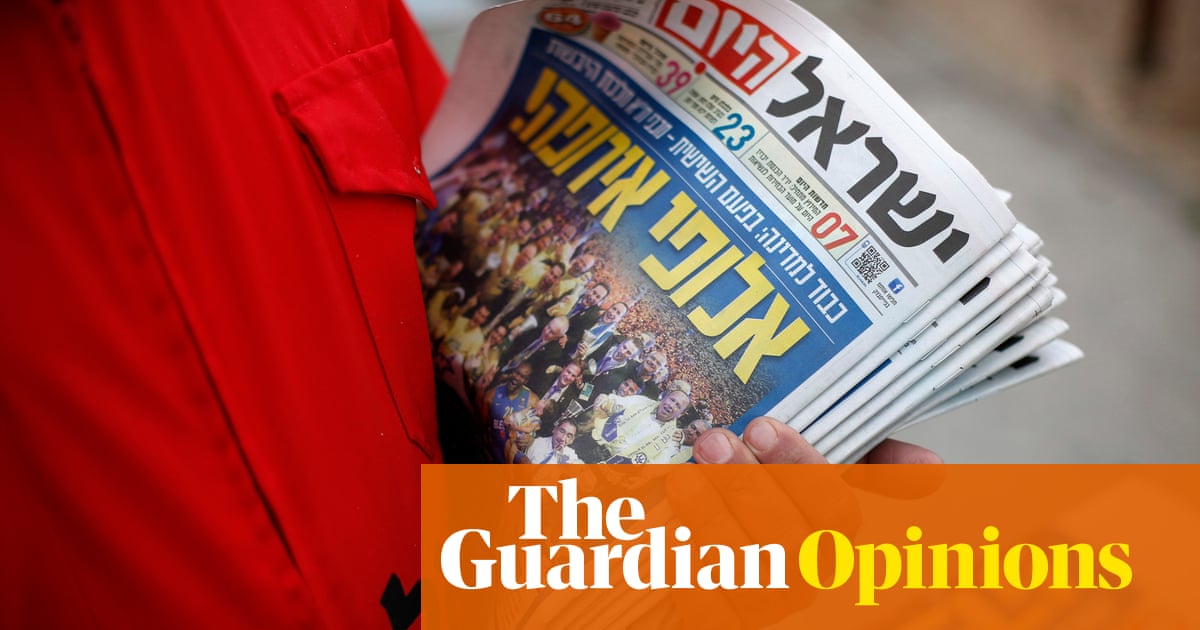
ournalists love election spending returns – and with good reason. How else would we know that the Lib Dems paid out £2,795 to Disney to cancel a Caribbean cruise in 2017 after Theresa May called a snap general election, or that last year the Tories racked up more than £22,000 on Uber Eats deliveries to their Millbank Tower campaign headquarters. (Sushi was particularly popular, apparently.)
But electoral returns are not just easy fodder for diary columns and disposable news stories. The spending data for December’s general election – partly released by the Electoral Commission earlier this week – gives a rare glimpse into how deeply money and power are entwined in British politics, and the inadequacy of transparency rules that are supposed to protect our democracy.
In general, the latest figures add texture to what we already know. The Conservatives ran a highly effective campaign in 2019, spending more than £16m to deliver a “stonking” 80-seat majority in December. (The publication of Labour’s spending has been delayed due to the coronavirus outbreak.)
The Tories’ spending last year was slightly down on 2017. Unlike the United States, British elections run on quite meagre amounts of cash – but drill down into this week’s figures and you’ll find a small world of political consultants, profiting from their access to power, that would rival anything in Washington DC.
After the cost of mailing unsolicited electoral bumf, the Tories’ biggest outlay was the more than £1.6m paid to Australian election guru Lynton Crobsy’s polling firm CTF. Not a bad return for the firm that had earlier given an interest-free loan worth over £20,000 to Boris Johnson’s successful leadership campaign.
It is striking, too, how many of those on the Conservatives’ general election payroll in December were subsequently brought in to spearhead the coronavirus response. Crosby’s protege Isaac Levido – the main credited with coining the phrase “get Brexit done” – was hired by Tory HQ at the start of the pandemic to work on government messaging.
Others were paid directly out of the public purse. During the election, Conservatives spent £458,688 with Topham Guerin. A few months later the New Zealand-based PR firm was given a £3m government contract, without any competition, for coronavirus work.
They are not the only ones. Electoral Commission data shows the Conservatives paid £700,000 to Hanbury Strategy, which is run by the former Vote Leave executive Paul Stephenson. The strategic advisory firm was subsequently handed a contract to research public opinion during the pandemic, again without any tendering process.
The latest spending figures attest to how political campaigning is changing. Back in 2017, the Conservatives spent more than £2m on Facebook and barely half a million on Google. This time around the Tories spent almost the same amount on advertising on both platforms. (The £879,091.32 outlay on Google includes the cost of promoting a fake website targeted at voters searching for Labour’s election manifesto.)
The Electoral Commission data also reveals the growing reach of so-called “third party campaigners” in general elections. Between them, Labour’s Momentum initative, pro-EU campaigners, Brexit-backing hedge fund tycoon Jeremy Hosking, and a plethora of almost anonymous Conservative-aligned websites with names such as Capitalist Worker and the Campaign Against Corbynism spent millions of pounds, often with very little transparency about where the money came from.
That’s because Britain’s electoral laws are outdated and ineffective. We have tight restrictions on political finance. Each candidate for parliament has a spending ceiling of around £15,000 (the exact limit varies by constituency size). The impetus behind these strict limits is to provide a level playing field and prevent the kind of spending wars that can characterise even minor contests in the US.
So, if a candidate can only spend £15,000, how come the average Tory seat cost the party more than 10 times that? That’s because “national” and “constituency” spending is supposedly separate. But it seldom is. Digital campaigning is almost always recorded as national spending, but is often highly targeted.
You have to go back to the 1920s to find the last time a general election candidate was actually convicted of breaking spending limits, but only the most optimistic would believe that constituency overspending has died out. Instead candidates are incentivised to work around the artificially low local spending limits.
It is remarkable how many MPs report spending almost all of their allocated allowance, without breaching the limits. (Jeremy Hunt reported spending 99.88% of his limit in the last general election.)
There is another, even bigger, problem. Spending returns are based on the idea that the political campaigns only take place over a few weeks in the runup to general elections. But with a Vote Leave government in continuous election mode, campaigning is now a constant feature of the British politics. Surely then spending outside of brief windows should all be recorded, too?
There are no shortage of demands to reform Britain’s electoral law. In June, the committee on standards in public life launched a review of electoral regulation. The public administration and constitutional affairs committee recently called for evidence for an investigation into the work of the Electoral Commission.
But the chances of meaningful change are negligible. Rather than giving new powers to the Electoral Commission, the Conservatives’ co-chair Amanda Milling has said that the regulator should become “more targeted” – or be abolished entirely.
If the government gets its way, election spending returns will continue to tell us how much parties spent on pizza and beer, but remain silent on some of the most important ways that British politics is really paid for.
• Peter Geogheghan is investigations editor at openDemocracy and the author of Democracy for Sale: Dark Money and Dirty Politics












